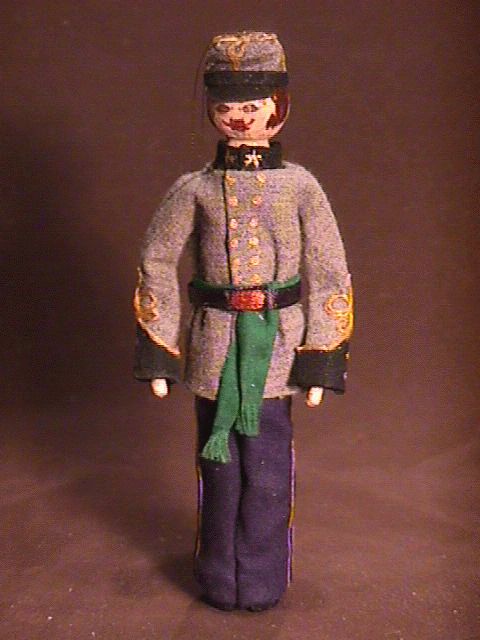 |
 |
 |
 |
At the start of the Civil War, surgeons and stewards made up the official medical staff. They were responsible for the medical care of everyone assigned to them as well as for the time consuming administration and running of the hospital.
Surgeons located at general hospitals had somewhat better working conditions. However, patients often arrived in sick and weakened condition.
Before the Civil War, Dr Samual Preston Moore served as a surgeon in the army. At the outbreak, he resigned and decided to follow his native state of South Carolina. Dr Moore was appointed Surgeon General of the Confederacy by President Davis.
Dr. Thomas H. Williams resigned from the United States army in April 1861. On June 21st he was appointed surgeon in the Confederate army and almost immediately was ordered to report to General Beauregard. Dr Williams was appointed medical director and inspector of hospitals in Virginia. He established nearly all the large hospitals in Virginia except at Richmond and Petersburg. He was later transferred to Richmond and put in charge of the Medical Purveyors’ Department.
At the beginning of the Civil War, surgeons could be shot or caught and imprisoned by either side. It was not until the battle at Winchester, Virginia, May 1862, when General “Stonewall” Jackson (Confederate) captured a Federal hospital. He established a new policy and returned the medical staff to their own army because he felt that as the surgeons did not make war, they should not suffer its penalties. The surgeons could now treat the wounded near the front lines without fear of being captured.
Surgeons in the field learned to carry what they needed instead of relying on supply wagons. A surgeon would carry his instruments in his surgeon’s field companion and his orderly would carry a hospital knapsack that weighted approximately twenty pounds. Surgery in the field was more often done with the patient lying on a board stretched between two barrels. If available, a door from a nearby house was used as an operating table. Because supplies were hard to get, bandages were often reused on other patients. Knowing conditions the surgeons operated under, it is easy to understand why so many soldiers died.
The Confederate medical and other official records were destroyed by fire in Richmond, Virginia, April, 1865
